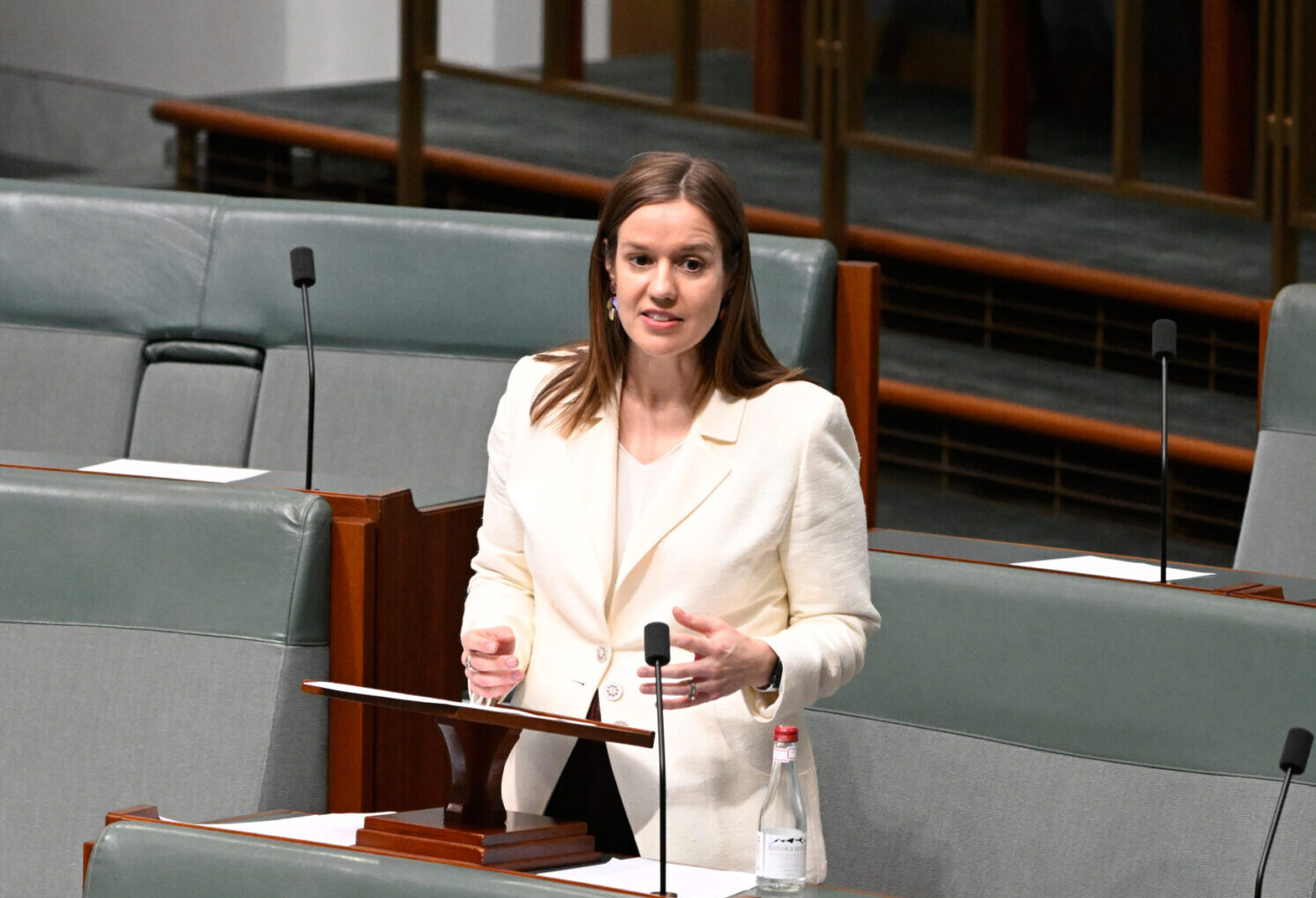Click here to watch this speech.
Tonight I want to talk about the work our government is doing to support veterans. It is very important work. As someone who is privileged to represent a community with many serving personnel, at the Simpson Barracks, as well as many veterans, and as someone who comes from a family with veterans—my grandfather served in World War II; my brother served in Afghanistan—this is something I feel, at both a community and a personal level, is so important. I have a keen interest in ensuring our government do everything we can to support veterans.
I recently welcomed the Minister for Veterans’ Affairs to Jagajaga to visit with our local veterans and to see the services that we have in and around the Heidelberg Repat. The minister and I started with a meeting with representatives from all five of our local RSLs. I want to say a huge thankyou to all of our local RSLs for the work they do supporting veterans locally and the work they do more broadly in the community. I know the minister and I both found it very useful to have all these local RSLs together in the one room to hear about their on-the-ground experiences. My thanks to Bill Wyndham and Phil Peirce from Watsonia RSL; Andrew Hall from Montmorency-Eltham RSL; Dal Crocker and Mal Davis from Greensborough RSL; Lyn Gould and Julie Staples from RSL on Bell in Heidelberg West; and Dino De Marchi and Flo Jennings from Ivanhoe RSL. They are all wonderful people doing great things. It was really important to have you all there together for the discussion.
This was also a chance for the minister to tell these people from my local RSLs about some of the work our government is doing to try to better support veterans and their families, starting with the essential work of reducing the backlog of claims that has been sitting with the Department of Veterans’ Affairs. Since coming to government, I am pleased to say, we’ve taken this backlog down from 45,000 to 30,000. We’ve brought on hundreds of additional staff to address the backlog, and we are on track to get through that next year. Beyond that, we have put a number of initiatives in place, like the skills recognition program that translates military training to civilian qualifications, helping ADF personnel have a smoother transition to civilian life, providing coaching, individualised support and improvements around housing and health that will make it easier for veterans to adapt to life beyond their military service. This is so important.
Only a week before the minister and I visited the Repat, the Royal Commission into Defence and Veteran Suicide was also there. The royal commission’s work is very serious, and the government is taking it seriously. We have taken action on every recommendation from the interim report. We’ve been very clear that we know there needs to be cultural change, that veterans and their loved ones, now and into the future, cannot afford for the status quo to continue. We’re supporting the royal commission as they work through 600 private hearings before the inquiry wraps up mid next year, including through providing greater flexibility with the use of private sessions. If you do want to make a submission to the royal commission and you haven’t yet done so, you have until Friday 13 October. The experiences of veterans, your experiences, are so important, and I know that those submissions are really helping to inform the work the commission is doing.
After we met with our local RSLs, I was pleased to take the minister on a tour of Ward 17. Ward 17 is Austin Health’s dedicated mental health ward for veterans and for others such as first responders. It’s famous nationally for the very important work it does for people who need support there. Speaking to veterans and advocates, I know that Ward 17 is regarded as an essential asset in how we support veterans at their time of greatest need. It was important for the minister and I to get a briefing from Austin staff about the work they do and the model of care they have in place there and how this links to the other services in our local area as well as services around the country.
We also had the opportunity to visit Vasey RSL Care, who have just started construction on their new V Centre project, which will support veterans at risk of homelessness. We have a precinct in my local community with a number of services providing vital support to veterans. I’m really pleased to support all of their work, and I thank them for all the work that they do locally and for veterans from around our state and around our country.
I also want to highlight one very special man, Robert Winther OAM, who is the veteran liaison officer at Austin Health. Rob is, quite simply, a legend. He is universally loved. He is unmatched in his dedication to his work supporting veterans. This is his 57th year with Austin Health—a truly amazing contribution. He was very helpful in pulling together the logistics for this minister visit, but more broadly he is such a special part of our community. Thank you, Rob, for all you do and continue to do.
I will continue to stand up to make sure that we are supporting veterans, and I know our government will continue to do so.
